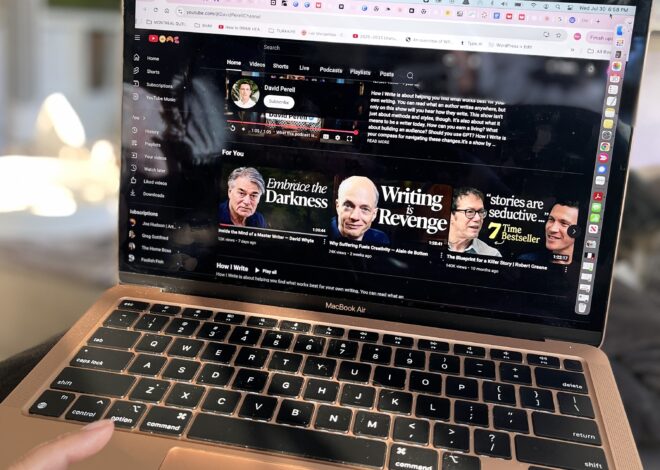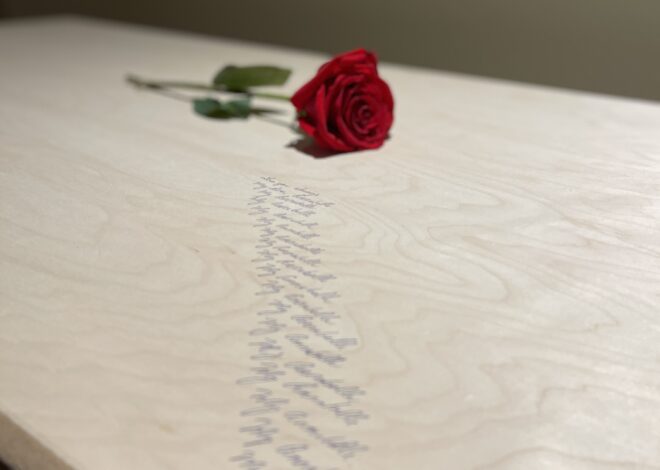
How We Show Up for Friends & Family
I like to think I show up for myself. I like to think I show up for my friends and family, too. But lately, I’ve been asking myself a deeper question: Is that really true? Or has something else been guiding the way I show up – something unconscious, something old?
The Blueprint We Inherit
Lately, I have been reflecting on how much of our adult behavior is shaped by childhood patterns. Specifically, by the relationship we had with our mothers or female caretakers. Not just the words they said, but the ways they made us feel loved, needed, or dismissed. That early emotional blueprint might still be making decisions on our behalf, without us even realizing it.
For me, a big realization has been how I show up in relationships as the listener, the empath, the rock. I am the friend who will always be there when no one else picks up the phone. The one who will hold your hand through your heartbreaks, sit with you through your heartaches, send the meme, make the handmade gift, remember the little things, and give without hesitation.
At first, I thought this was just kindness. Loyalty. Being a “good friend.”
The Quieter Story Underneath
But now I can see something else underneath it all. A quieter story. One that sounds more like: If I’m always there for you, maybe you’ll finally see me. Maybe you’ll value me enough not to leave. Maybe I will earn love by giving all of myself away.
That version of me, though loving and well-intentioned, often became the “last resort” friend. The one you’d text when everyone else was busy. The one who smiled through being overlooked. The one who would never say no. And somewhere along the line, I began confusing being needed with being loved.
I didn’t understand what it meant to receive in a relationship. I only knew how to give. And not just give – I gave the brightest, most tender parts of myself. Always. Without discretion.
The Cost of Self-Abandonment
It never occurred to me that showing up for others without boundaries was a form of self-abandonment. I was taught to associate love with self-sacrifice, not mutuality. I didn’t know what it meant to discern who had earned my time, my presence, my care. I didn’t know what it meant to show up selectively, or to value my own energy as something sacred.
Looking back, I can see how this pattern played out in my romantic life too. High school and college boyfriends who were charming but chaotic. They weren’t the ones you’d want your daughter to date. But they were the ones who made me feel useful. Needed. Important. Which, at the time, felt like love.
What It All Comes Down To
And maybe that is what it all comes down to—the need to feel like we matter. To feel seen. To feel essential in someone else’s life. But what I am learning now is that you can matter deeply to yourself without needing to overextend, overgive, or override your own needs in order to be chosen.
You can show up with love and still have limits. You can offer care without becoming a cushion. You can be kind without being a doormat.
A New Kind of Presence
These days, I am practicing a new kind of presence. One rooted in awareness rather than performance. One that asks, Am I showing up because I truly want to? Or because I am afraid not to?
Because real connection does not require you to lose yourself. In fact, the best relationships will always ask you to bring your whole self, boundaries included.
And that is what I am learning to do.



